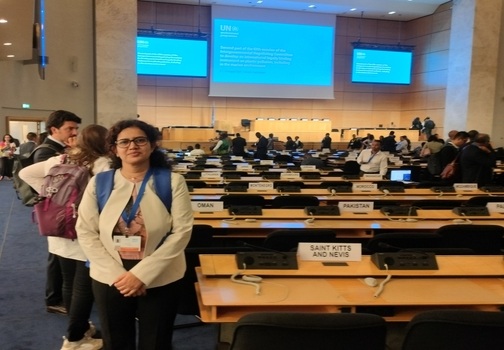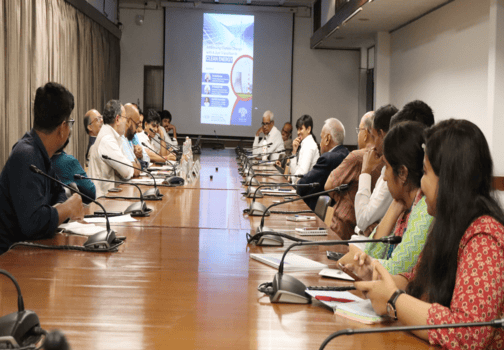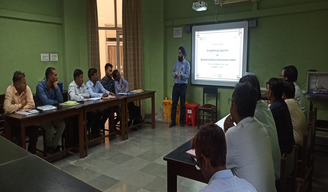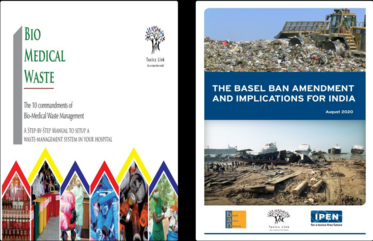Oceanic Plastic Pollution From Fisheries

Title: Oceanic Plastic Pollution From Fisheries
Publication Type: Factsheets
Year of Publication: 2023
Abstract:Ocean plastic pollution has become a critical issue due to the surge in plastic use in the fishing industry. This type of pollution makes up 85% of marine litter and poses a significant threat to marine life, ecosystems, and the environment as a whole. Urgent action is required to counter this alarming crisis. The sources of ocean plastic pollution are primarily fisheries, which include discarded plastic fishing gear, fish-aggregating devices and mariculture equipment. The environmental impact of this plastic waste, known as the deadliest marine litter, includes species entanglement, habitat damage, and chemical pollution that harms both marine organisms and human health. The economic losses caused by this issue amount to $13 billion annually. Although there are various global initiatives, such as the Ghost Gear Initiative and international agreements that address marine pollution, challenges persist. However, EU directives and Indian policies have some strategies in place. Mitigating plastic pollution in fisheries requires sustainable and collaborative measures worldwide to protect the oceans from this impending catastrophe. Beach clean-up, upcycling, sustainable fishing, and extended producer responsibility are some of the strategies that can be implemented to tackle this problem.










